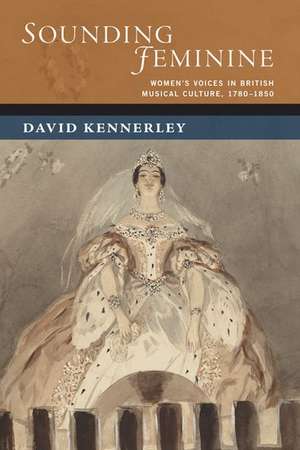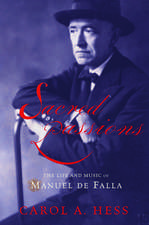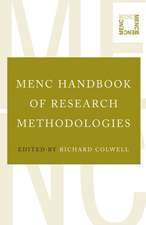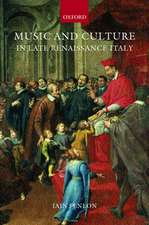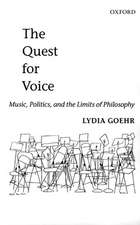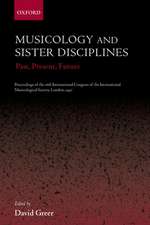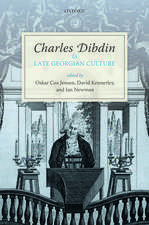Sounding Feminine: Women's Voices in British Musical Culture, 1780-1850: New Cultural History of Music
Autor David Kennerleyen Limba Engleză Hardback – 21 iul 2020
Preț: 406.74 lei
Preț vechi: 561.37 lei
-28% Nou
Puncte Express: 610
Preț estimativ în valută:
77.84€ • 84.52$ • 65.38£
77.84€ • 84.52$ • 65.38£
Carte disponibilă
Livrare economică 22-28 martie
Preluare comenzi: 021 569.72.76
Specificații
ISBN-13: 9780190097561
ISBN-10: 0190097566
Pagini: 240
Ilustrații: 3 figures; 6 music examples
Dimensiuni: 236 x 155 x 18 mm
Greutate: 0.48 kg
Editura: Oxford University Press
Colecția OUP USA
Seria New Cultural History of Music
Locul publicării:New York, United States
ISBN-10: 0190097566
Pagini: 240
Ilustrații: 3 figures; 6 music examples
Dimensiuni: 236 x 155 x 18 mm
Greutate: 0.48 kg
Editura: Oxford University Press
Colecția OUP USA
Seria New Cultural History of Music
Locul publicării:New York, United States
Recenzii
One of the most important books on this topic to have emerged in recent years. David Kennerley's sensitivity to different kinds of evidence offers an important corrective to some earlier volumes on the topic, indeed it's an object lesson on how to write histories of the human voice in song.
David Kennerley's Sounding Feminine offers us a new, and exciting way of thinking about crucial questions of constructions of gender and music in the early Victorian period. It is a deeply informed, carefully researched, and engaging book and will be a very welcome addition to the field.
I recommend this book wholeheartedly. Closely focused on women's place in the public sphere-in their immediate worlds or the wider world-Kennerley offers important new material to help us gauge both the patriarchy of reception and the persistence of women musicians throughout these vital seventy years of British musical history.
Kennerley's book fully deserves to reach a wider readership, including anyone interested in women's history as well as historical female music cultures and debates which still resonate with women's performance to this day.
David Kennerley's Sounding Feminine offers us a new, and exciting way of thinking about crucial questions of constructions of gender and music in the early Victorian period. It is a deeply informed, carefully researched, and engaging book and will be a very welcome addition to the field.
I recommend this book wholeheartedly. Closely focused on women's place in the public sphere-in their immediate worlds or the wider world-Kennerley offers important new material to help us gauge both the patriarchy of reception and the persistence of women musicians throughout these vital seventy years of British musical history.
Kennerley's book fully deserves to reach a wider readership, including anyone interested in women's history as well as historical female music cultures and debates which still resonate with women's performance to this day.
Notă biografică
David Kennerley is a Leverhulme Early Career Fellow in History at Queen Mary University of London. He specializes in the history of music, sound, gender, and political culture in modern Britain. His work has been published in the Historical Journal, the English Historical Review, and the Journal of British Studies, and, with Oskar Cox Jensen and Ian Newman, he has co-edited Charles Dibdin and Late Georgian Culture (OUP, 2018).
